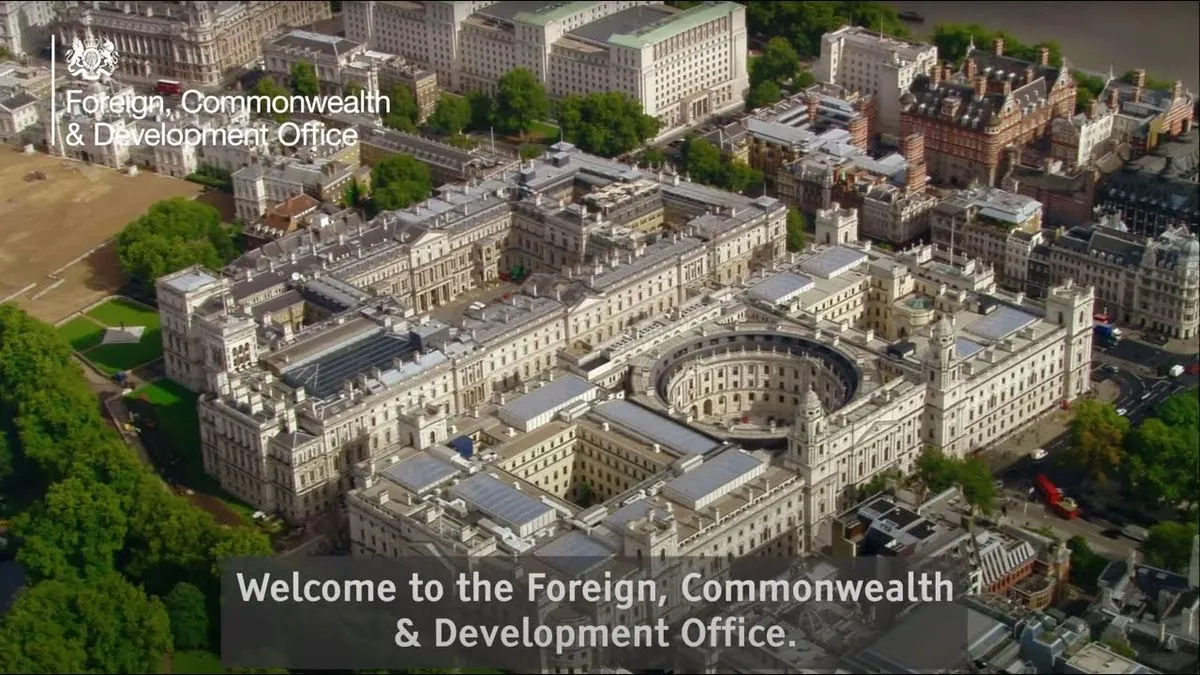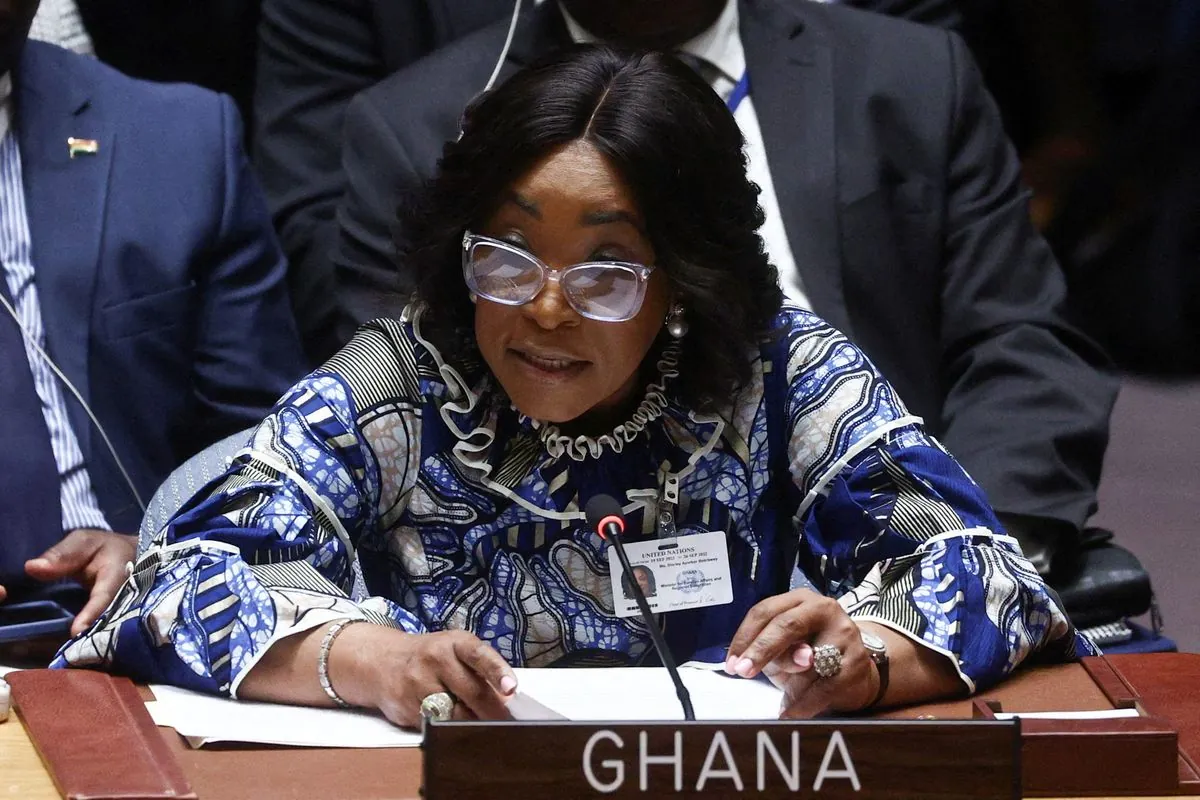Commonwealth Leadership Candidates Endorse Slavery Reparations
Three contenders for Commonwealth secretary-general position support reparations for slavery and colonialism. The issue gains traction as the organization prepares for leadership election in Samoa this October.

In a significant development, all three candidates vying for the position of Commonwealth secretary-general have expressed support for reparations addressing the historical injustices of transatlantic slavery and colonialism. This stance emerges as the 56-nation organization, led by King Charles III, prepares for its leadership election in Samoa this October.
The Commonwealth, an international body evolving from the British Empire and encompassing approximately 2.7 billion people, finds itself at a crossroads as it grapples with its colonial past. The candidates - Mamadou Tangara of Gambia, Shirley Botchwey from Ghana, and Joshua Setipa of Lesotho - unanimously backed the concept of making amends for historical wrongs during a debate at London's Chatham House.
Botchwey, Ghana's foreign affairs minister, stated, "I stand for reparations," suggesting that the Commonwealth could play a role if member states request a unified approach. Setipa, a former trade and industry minister, proposed a proactive stance, emphasizing the organization's history of facilitating discussions on challenging issues. Tangara, a Gambian diplomat, fully supported reparations but emphasized that member states should lead the conversations.

The candidates highlighted that reparations extend beyond financial compensation, encompassing support for climate change mitigation and economic resilience building. These aspects are crucial in addressing the enduring legacy of centuries of slavery and colonialism.
"I stand for reparations."
The issue of reparations has gained momentum globally. The Caribbean Community has developed a 10-point reparation plan, while the African Union is working on a common position, with Ghana spearheading the efforts. Earlier this year, United Nations Secretary-General Antonio Guterres called for reparations to address generations of exclusion and discrimination.
The transatlantic slave trade, spanning from the 15th to the 19th century, saw at least 12.5 million Africans forcibly transported by European merchants. Britain played a significant role, transporting an estimated 3.2 million people, second only to Portugal's nearly 6 million.
While King Charles III expressed deep sorrow over slavery in a 2022 speech and supported research into the monarchy's links to slavery in 2023, the British government, like most former colonial powers, has rejected calls for reparations.
The Commonwealth's diverse membership, including 21 African countries, Caribbean islands, and nations like Canada and India, reflects the complex legacy of the British Empire. As the organization prepares to elect its next leader, succeeding Patricia Scotland, the stance on reparations could significantly influence its future direction and role in addressing historical injustices.


































